It is a celebration that strikes many people as particularly un-German.
A nation famed for its sense of control and the high value it places on public order goes wild for one night of the year in a display of anarchy that can be intimidating to people who experience it for the first time.
In towns and cities across the country, Germans take to the streets as the clocks strike twelve and fire rockets into the skies, light Catherine wheels, or thrown firecrackers at one another’s feet.
In cities such as Berlin and Munich the emergency services have their work cut out as fireworks strike people on the head causing injury, or a firecracker is set off too close to a crowd.
Due to the Covid pandemic, the sale of fireworks has been banned for a second year in a row as politicians try to temper the excesses of the celebrations. But in most cities you’re still likely to see some hardcore pyrotechnic fanatics letting off a rocket or five.
Where does this tradition come from?
Despite appearances, the tradition is actually very German – it dates back to the pagan era and attempts by Germanic tribes to ward off evil spirits during the darkest days of the year.
Germanic tribes believed that Wotan, their god of war, stalked through their communities during the darkest days of the year bringing bad luck. To ward him off, they would light wooden wheels and roll them down their streets.
By the time that January 1st was set as the official start of the new year when the Gregorian Calendar came into use in 1582 the Christianized people of Germany still followed the pagan tradition of warding off Wotan with loud noise, the Frankfurter Allgemeine newspaper writes.
In the middle ages, people struck pots and pans to make a racket. But when fireworks arrived in Europe from the far east, wealthier Germans started to set them off in their courtyards during the Silvester celebrations.
By the beginning of the twentieth century fireworks had become available for people to buy for their own private Silvester parties, according to news website T-online.
The popularity has increased steadily since. In recent years Germans have spent up to €140 million on the pyrotechnics, which can only legally be sold on the last three working days of the year.
READ MORE: 10 ways to celebrate this New Year’s Eve like a German
Vocabulary
Firecracker – der Böller
Firework – der Feuerwerkskörper
to bang/crack – knallen
New Year’s Eve – Silvester
We’re aiming to help our readers improve their German by translating vocabulary from some of our news stories. Did you find this article useful? Let us know.


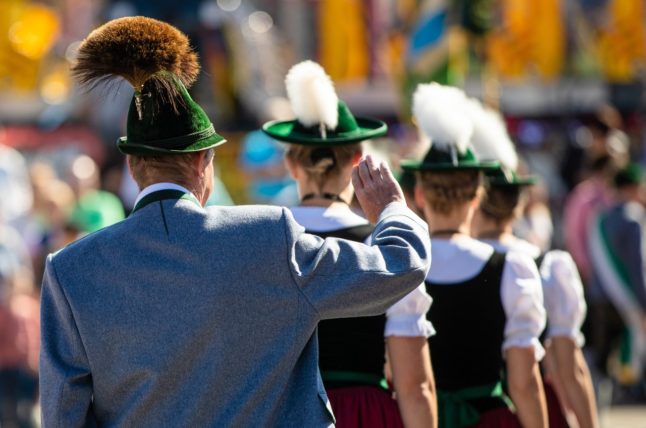
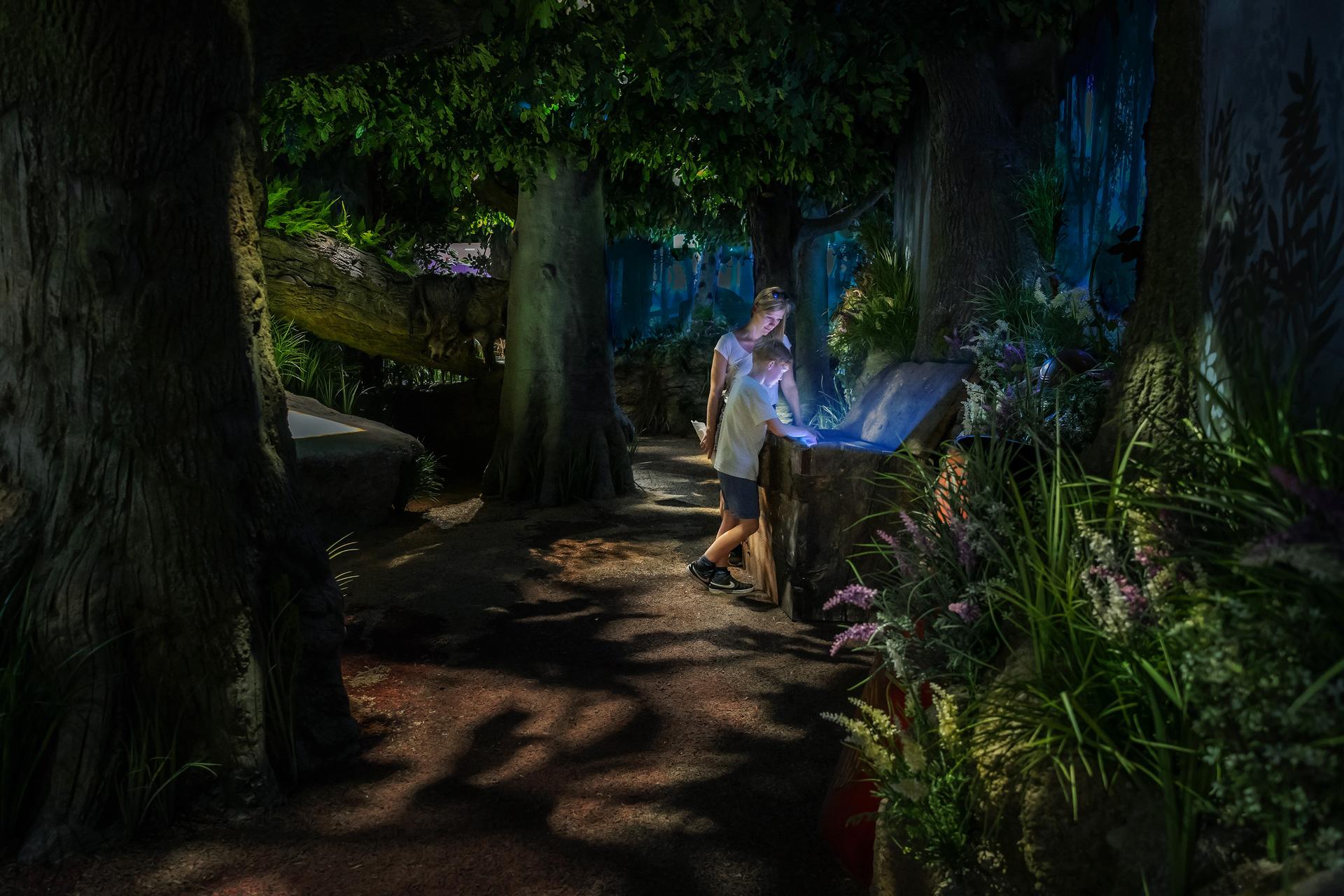
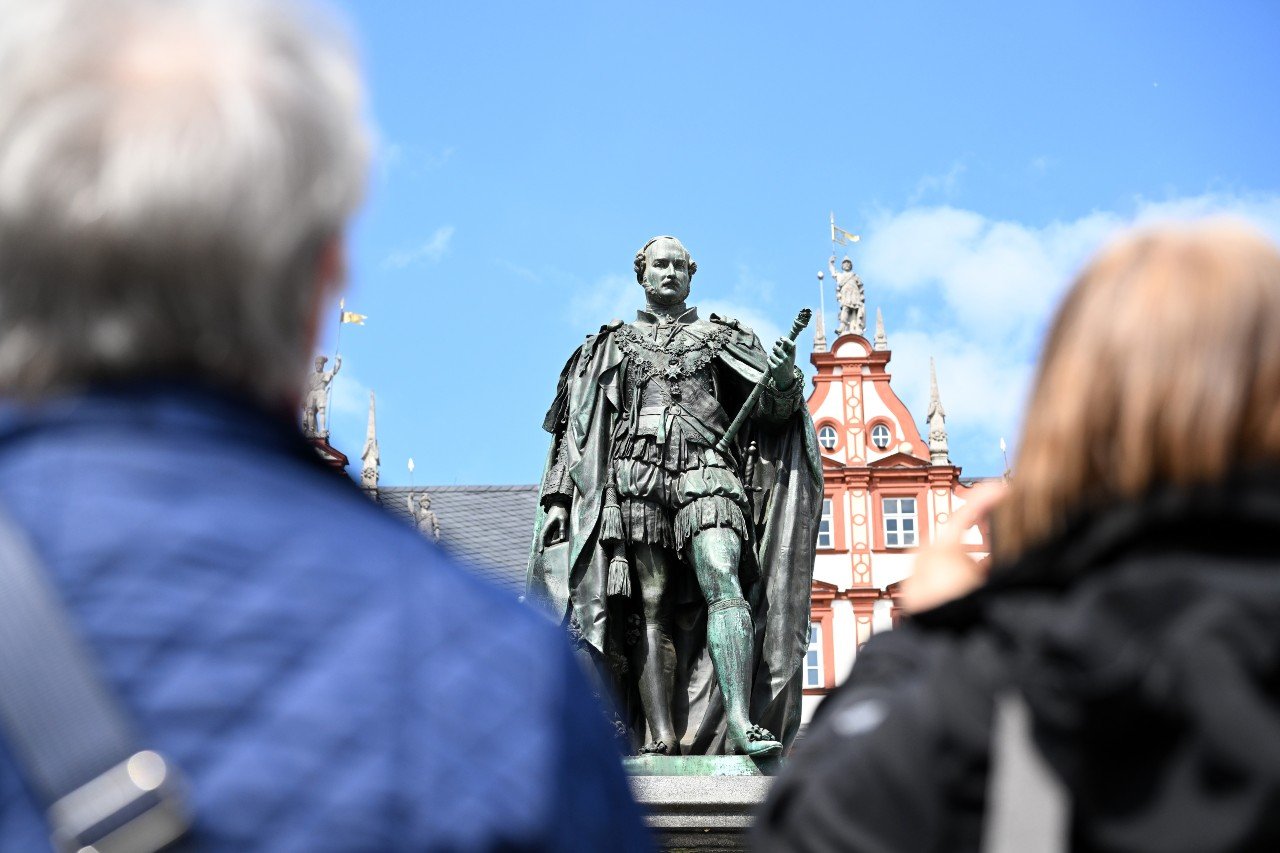
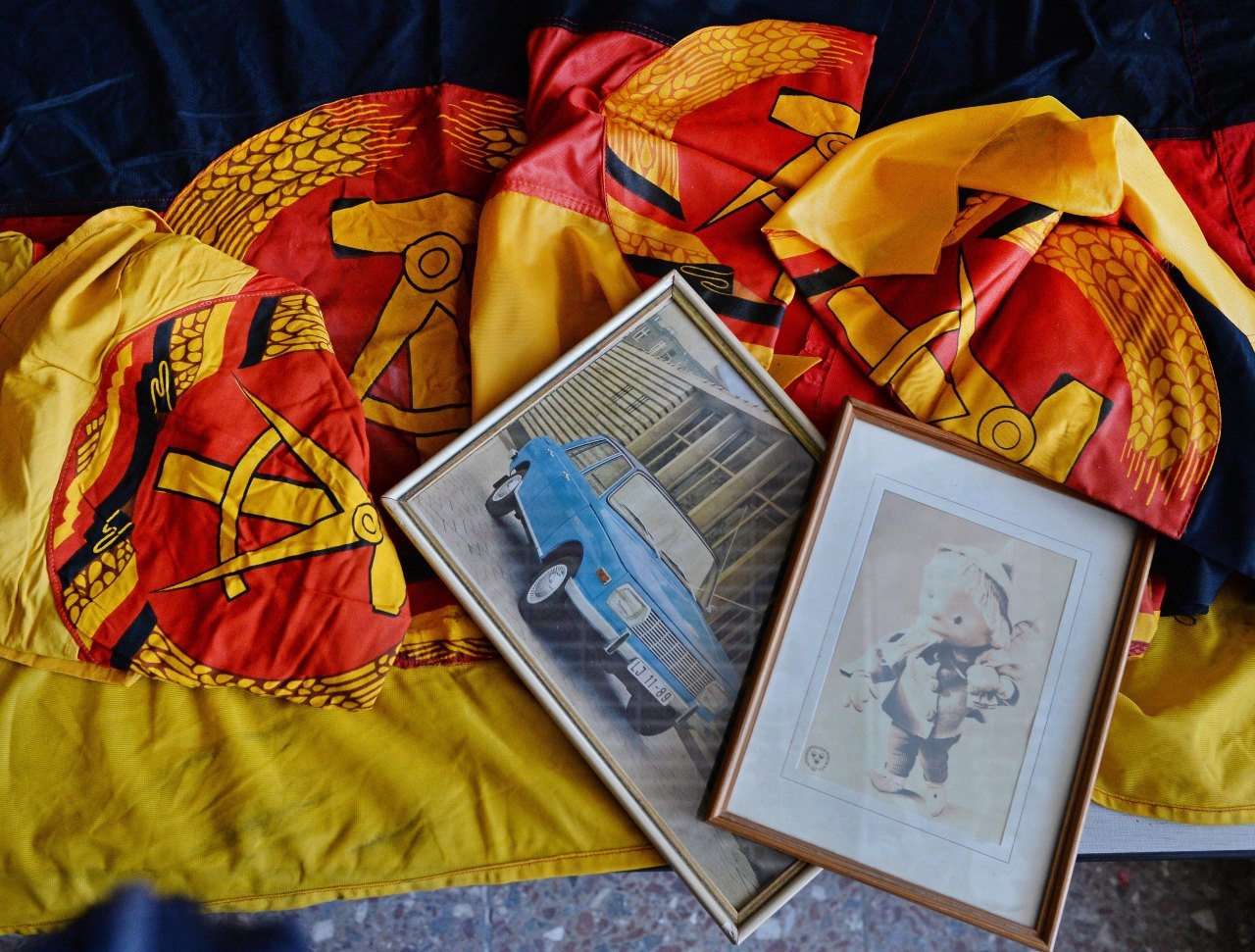
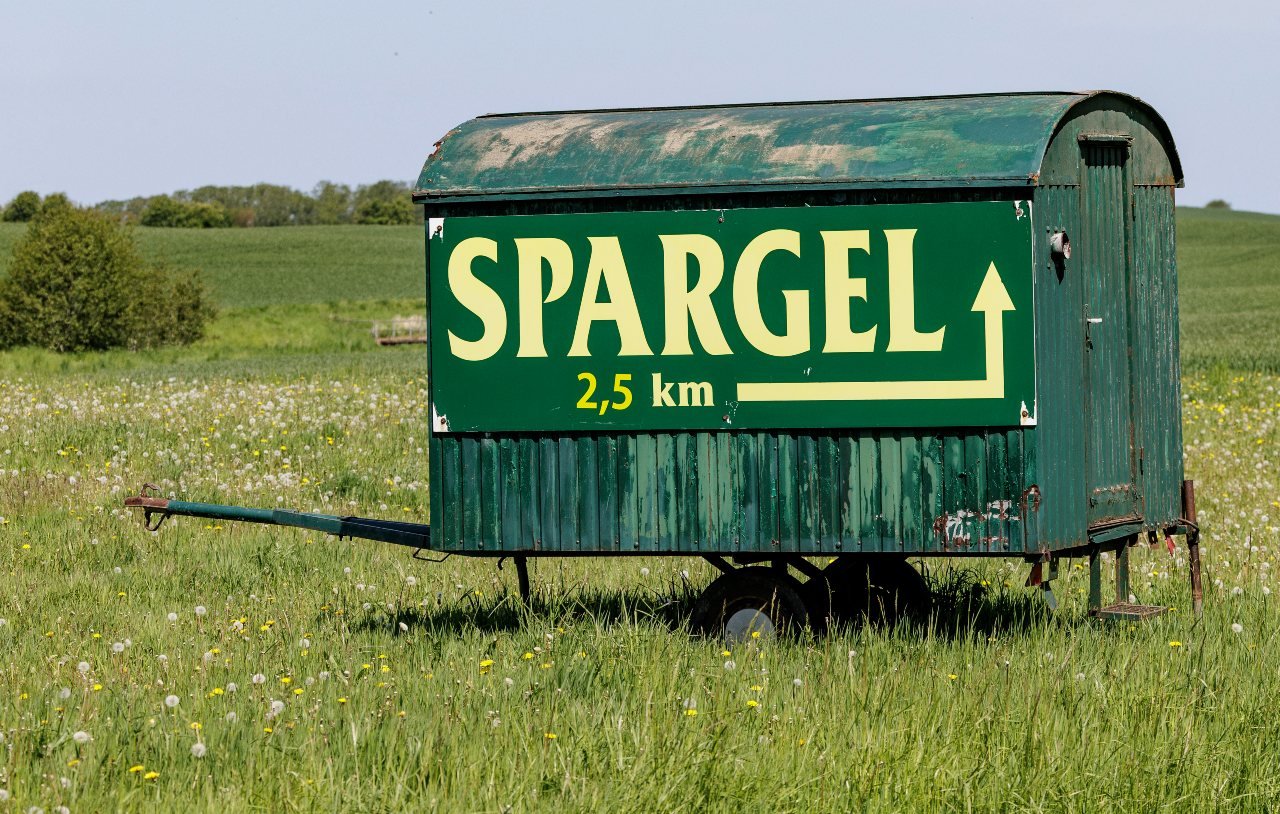
 Please whitelist us to continue reading.
Please whitelist us to continue reading.
Tradition – Pier pressure from dead people